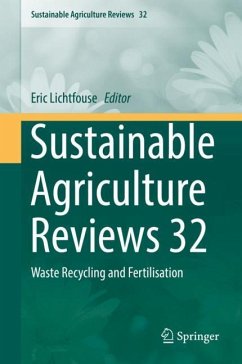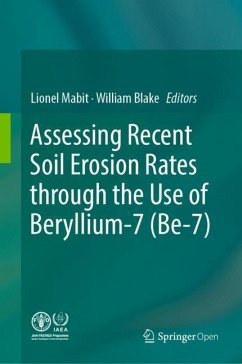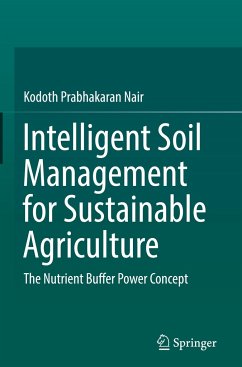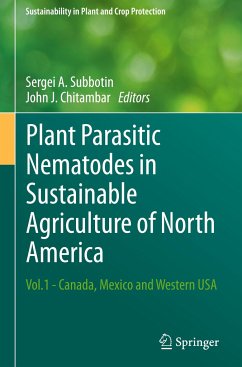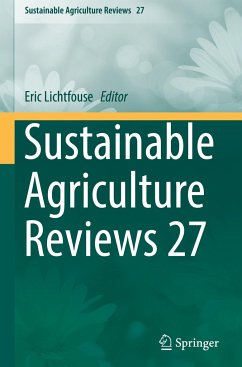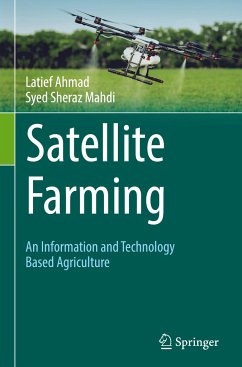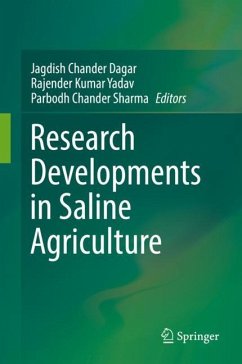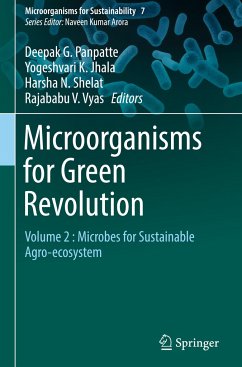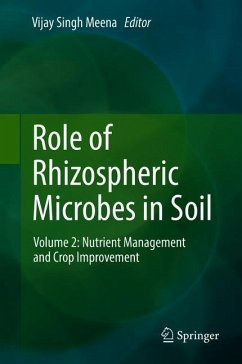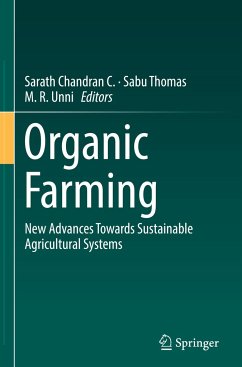
Agroecological Transitions: From Theory to Practice in Local Participatory Design
Versandkostenfrei!
Versandfertig in 6-10 Tagen
38,99 €
inkl. MwSt.

PAYBACK Punkte
19 °P sammeln!
This Open Access book presents feedback from the 'Territorial Agroecological Transition in Action'- TATA-BOX research project, which was devoted to these specific issues. The multidisciplinary and multi-organisation research team steered a four-year action-research process in two territories of France. It also presents:i) the key dimensions to be considered when dealing with agroecological transition: diversity of agriculture models, management of uncertainties, polycentric governance, autonomies, and role of actors' networks;ii) an operational and original participatory process and associated...
This Open Access book presents feedback from the 'Territorial Agroecological Transition in Action'- TATA-BOX research project, which was devoted to these specific issues. The multidisciplinary and multi-organisation research team steered a four-year action-research process in two territories of France. It also presents:
i) the key dimensions to be considered when dealing with agroecological transition: diversity of agriculture models, management of uncertainties, polycentric governance, autonomies, and role of actors' networks;
ii) an operational and original participatory process and associated boundary tools to support local stakeholders in shifting from a shared diagnosis to a shared action plan for transition, and in so doing developing mutual understanding and involvement;
iii) an analysis of the main effects of the methodology on research organisation and on stakeholders' development and application;
iv) critical analysis and foresights on the main outcomes of TATA-BOX, provided by external researchers.
i) the key dimensions to be considered when dealing with agroecological transition: diversity of agriculture models, management of uncertainties, polycentric governance, autonomies, and role of actors' networks;
ii) an operational and original participatory process and associated boundary tools to support local stakeholders in shifting from a shared diagnosis to a shared action plan for transition, and in so doing developing mutual understanding and involvement;
iii) an analysis of the main effects of the methodology on research organisation and on stakeholders' development and application;
iv) critical analysis and foresights on the main outcomes of TATA-BOX, provided by external researchers.



